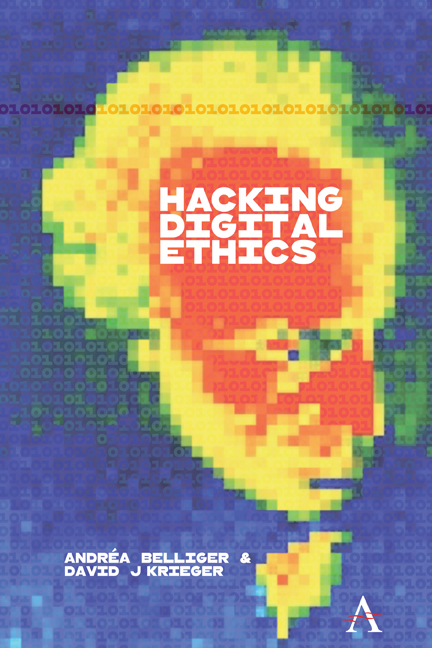Introduction: Ethical Hacking and Hacking Ethics
Published online by Cambridge University Press: 06 April 2021
Summary
There are ethical hackers. Usually they work for the security industry or as independents who find it rewarding and honorable to discover bugs and just plain bad code in the prolific offerings of the commercial software industry. Many don't get paid for their efforts or are even exposed to intimidation and threats by the software vendors whose sloppy and irresponsible work they uncover. What motivates them is usually pride in their ability to discover what others have overlooked. Some are interested in enhancing their reputation. Still others prefer to remain anonymous. Anonymity is often helpful because ethical hackers often make enemies on both sides. The criminals don't like them, because they spoil their profits, and the software industry doesn't like them, because they reveal their failures. Ethical hackers find themselves in a peculiar “outsider” position. Their activities oppose them to established regimes, whether legal or criminal. Explicitly or implicitly, they seem to stand in the tradition of anarchism, since any position beyond the confines of established power appears as radical freedom, independence, and creativity. Concerning the digital, this is a tradition that goes back to the early days of the Internet, where many envisioned a virtual world of freedom and uninhibited self-expression, of democracy and equality. The famous Hacker Manifesto of McKenzie Wark, although published much later in 2004, derives from the early vision of a free and unrestricted Internet. It proclaims optimistically that hackers are inheriting the world since human creativity cannot be suppressed by any ruling class or oppressive regime.
Although Wark places hacking in the Marxist tradition of revolutionary and emancipatory labor, his definition of what hacking is and what it means to be a hacker goes beyond any ideology of class struggle. For Wark, hacking does not consist of merely breaking into computer systems or databases. More radically, hacking is the construction of meaning in any form whatever. Meaning, or information, is always opposed to mere redundancy. Hackers break into the status quo, established systems, taken-forgranted patterns, accepted forms of order, and unquestioned codes; change things; and create new forms out of the old. Hackers “produce new concepts, new perceptions, new sensations, hacked out of raw data” (Wark 2004, [002]).
- Type
- Chapter
- Information
- Hacking Digital Ethics , pp. 1 - 8Publisher: Anthem PressPrint publication year: 2021



